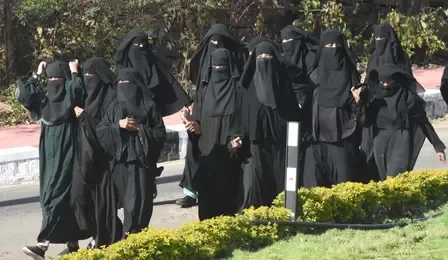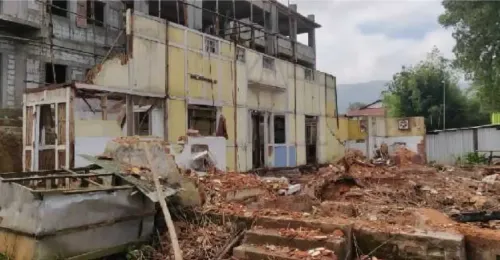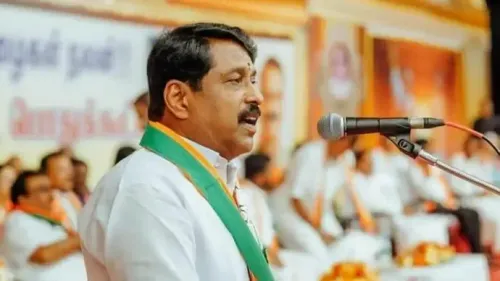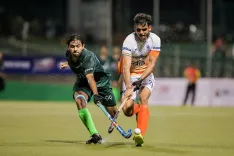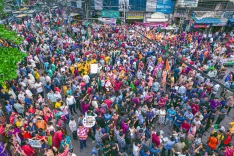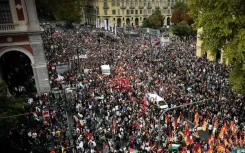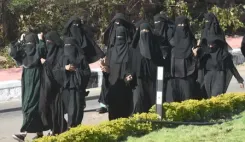Has Folk Singer Maithili Thakur Joined BJP to Contest Elections?
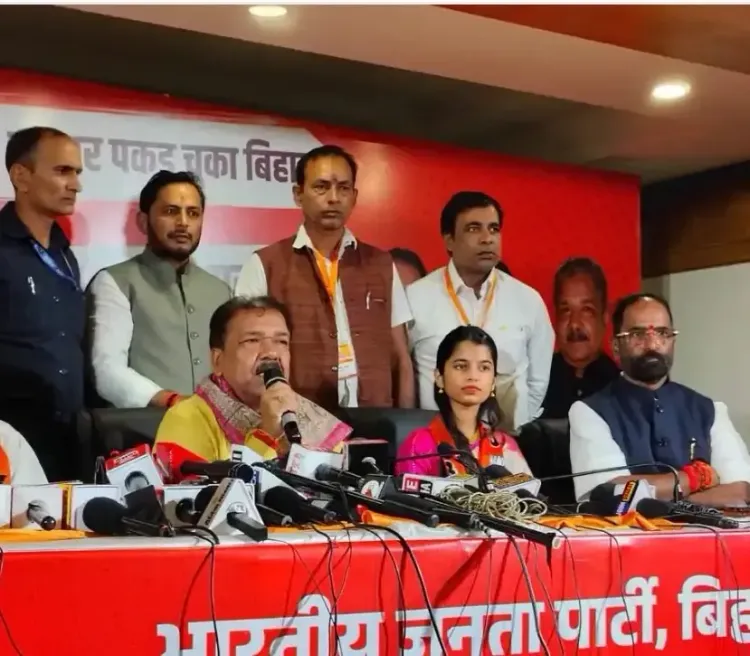
Synopsis
Key Takeaways
- Maithili Thakur joins the BJP to contest elections.
- She is likely to run for the Alinagar Assembly seat.
- The BJP's list includes a diverse range of candidates.
- Over 50% of nominations are for marginalized communities.
- Maithili's cultural background may influence her political journey.
Patna, Oct 14 (NationPress) In a significant political move, celebrated folk singer Maithili Thakur has officially joined the Bharatiya Janata Party (BJP) this Tuesday evening, following the announcement of the party's initial candidate list.
She was welcomed into the party by Dilip Jaiswal, the president of BJP's state unit.
Thakur, renowned for her dedication to promoting Maithili folk culture and traditional music, is anticipated to run for the Alinagar Assembly seat.
Party insiders have hinted that her name might appear in the forthcoming second list of 30 candidates, which is expected to be disclosed shortly.
The 25-year-old artist originates from Madhubani district and has honed her musical skills under the mentorship of her father, Ramesh Thakur.
Currently, she lives in Najafgarh, Delhi, with her mother, Pooja Thakur, and her brothers, Rishabh and Ayachi Thakur, who often join her performances.
The BJP released its first list of 71 candidates for the upcoming Bihar Assembly Elections 2025, showcasing a blend of experienced leaders, incumbents, and newcomers.
This list features both deputy chief ministers, 12 ministers, 48 sitting MLAs, nine female candidates, and a dozen fresh faces.
Notably, the party has also let go of several prominent figures, including long-serving MLA and Assembly Speaker Nand Kishore Yadav and Arun Sinha.
The initial candidate list reflects the party’s strategy of merging experienced leadership with youthful newcomers while ensuring diverse representation among communities and constituencies ahead of the crucial Bihar elections.
According to the list, over 50 percent of the nominations are allocated to Dalits, backward, extremely backward, and women candidates.
Specifically, the list includes 20 candidates from Other Backward Classes (OBCs), 11 from Extremely Backward Classes (EBCs), 6 from the SC/ST community, and 8 women.
The list also ensures fair representation for upper caste groups, including candidates from Bhumihar, Brahmin, Rajput, and Kayastha backgrounds.
Among the upper castes, there are 15 Rajputs, 11 Bhumihars, 7 Brahmins, 1 Kayastha, and 1 Chandravanshi featured in the initial list.

